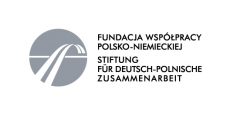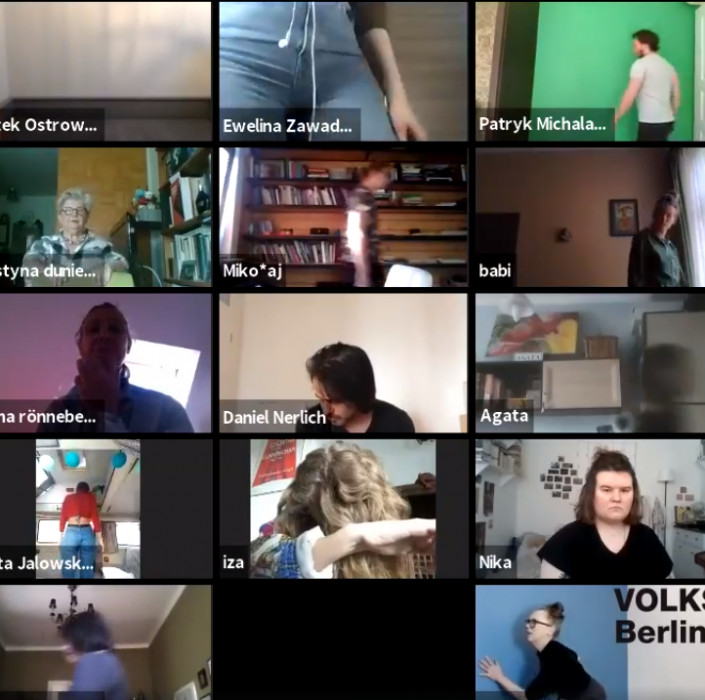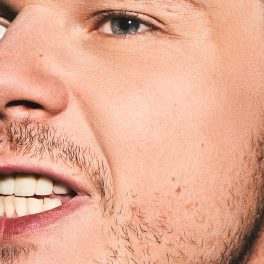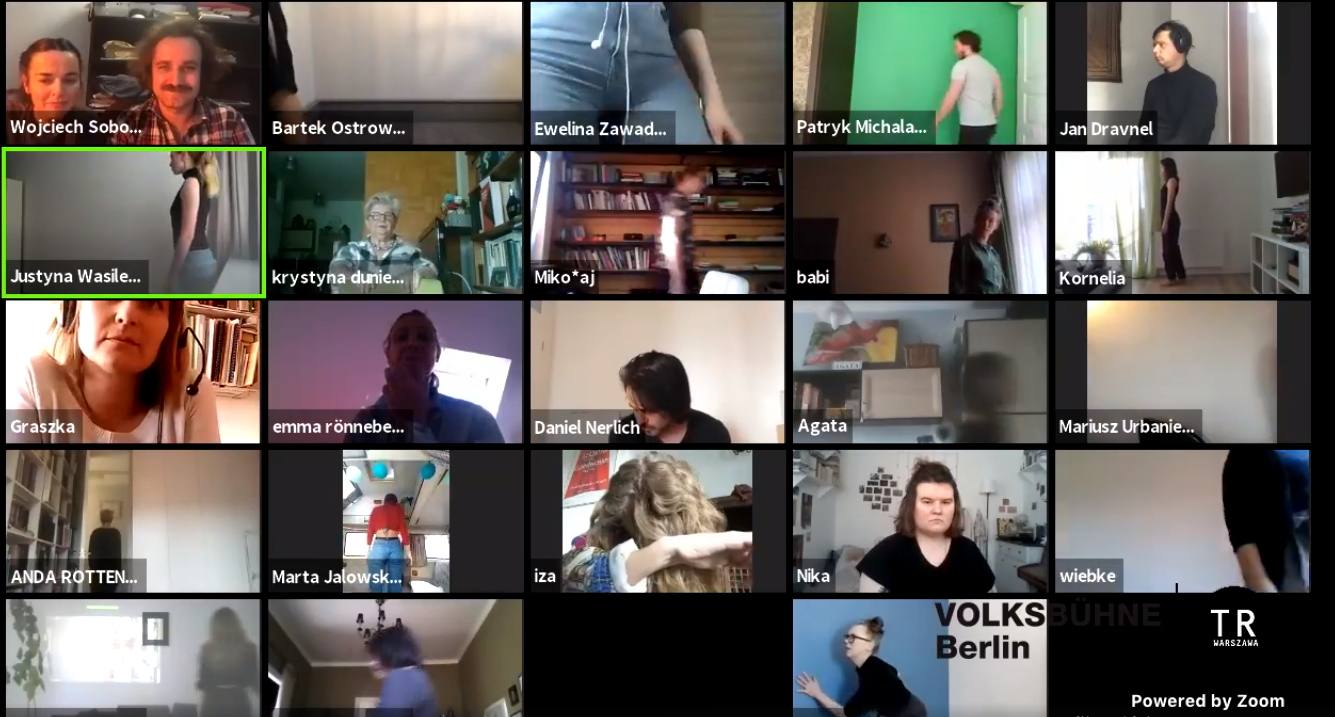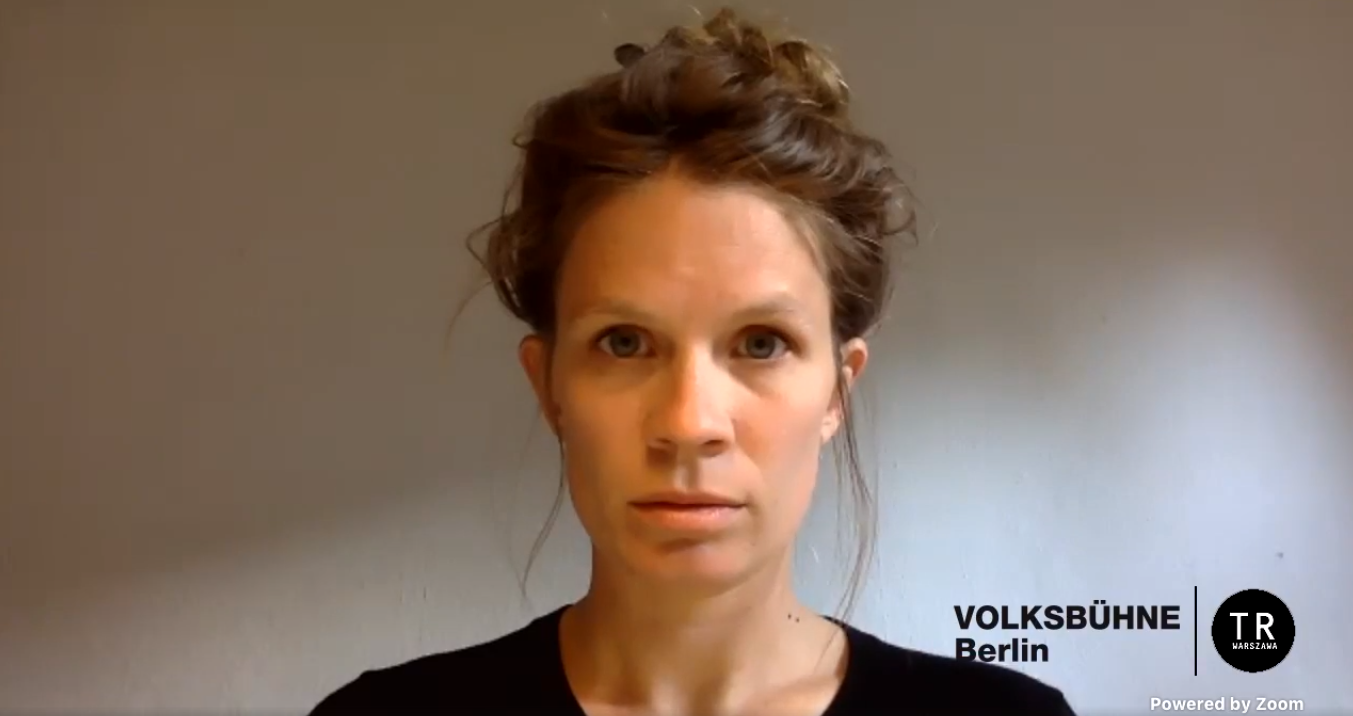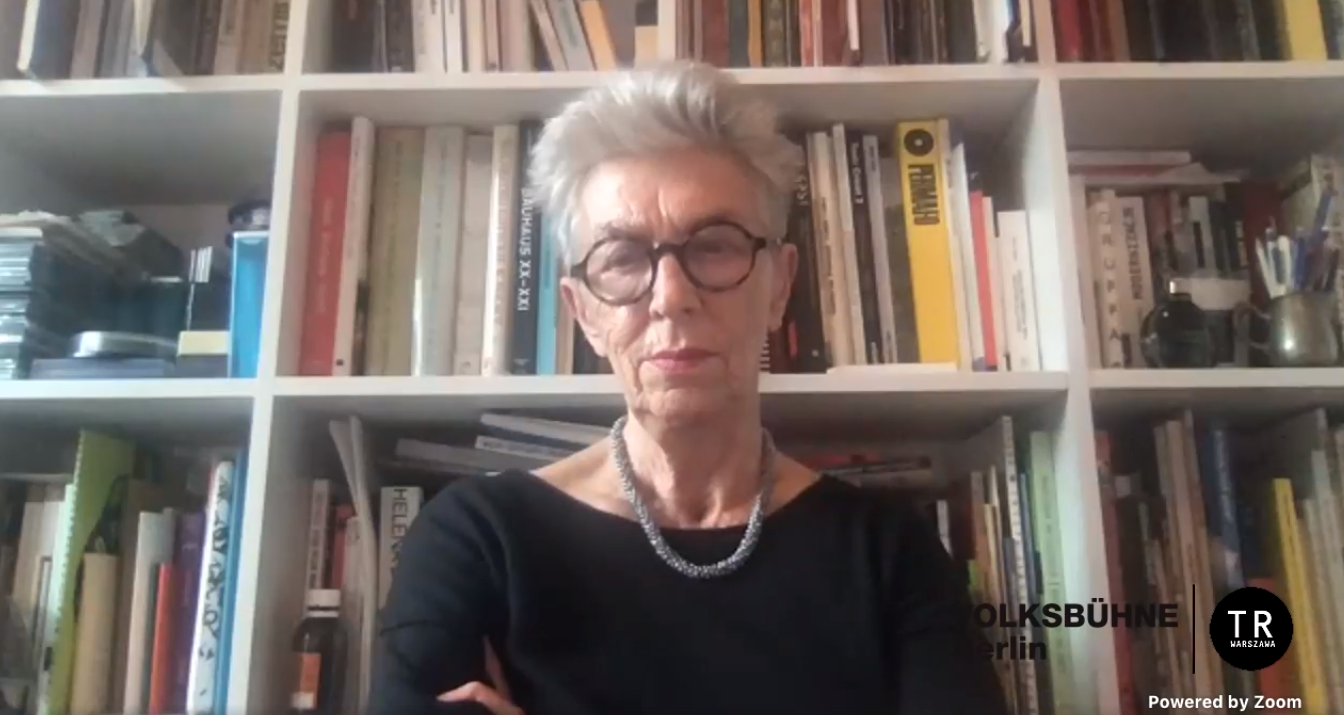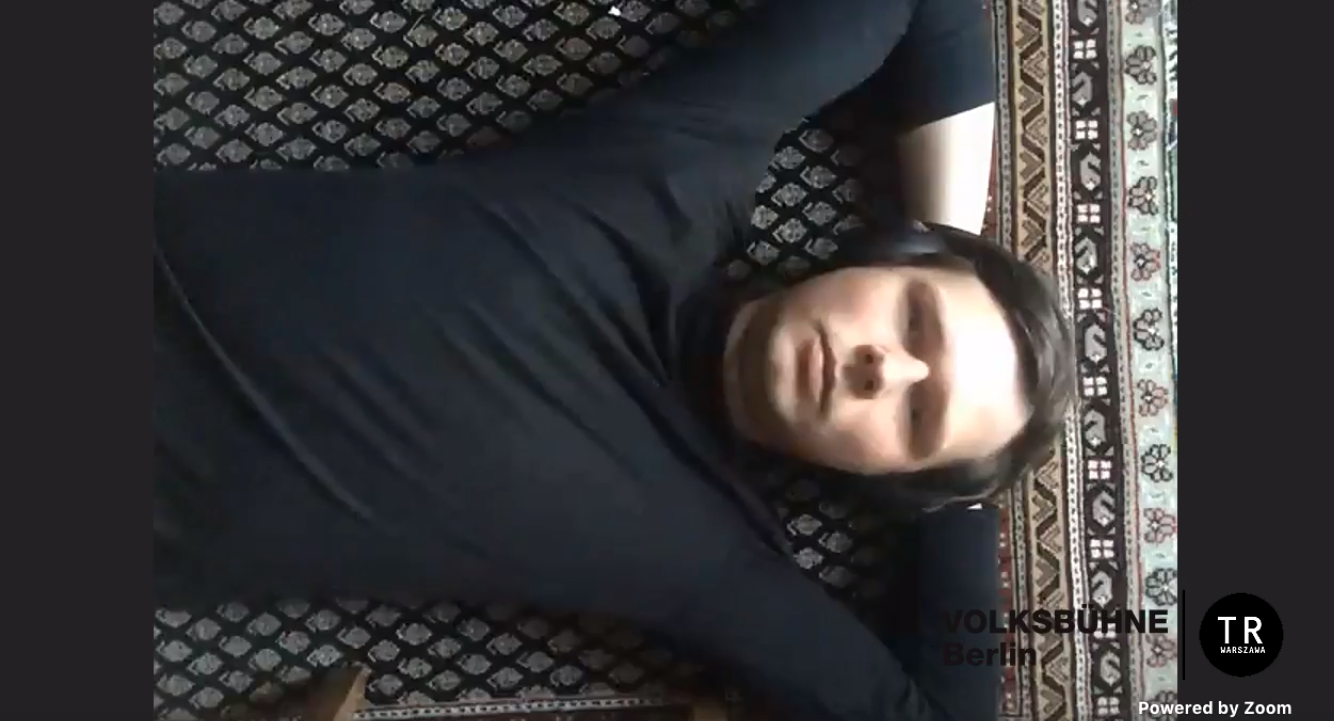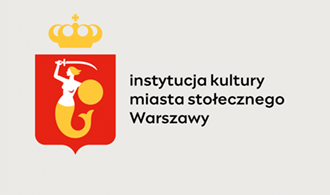- TR Online
- In English
- Out of repertoire
Maria Klassenberg. Home Choreographies
dir.Katarzyna Kalwat-
Concept and direction:
Katarzyna Kalwat
-
Text and dramaturgy:
Beniamin Bukowski
About
Maria Klassenberg, a radical visual artist and performer, active since 1970s, held all of her performances at home. They were witnessed only by her friends and close ones, who were sworn to silence. In the spring of 2020, during the first lockdown resulting from COVID-19 pandemic, Katarzyna Kalwat together with a group of creators organizes an online performance based on the artist’s instructions and connected to her art created at home. Actors and actresses from TR Warszawa and Berlin Volksbuehne and dozens of other people from Poland and Germany recreated Maria Klassenberg’s performance streamed live on TR Warszawa an Volksbühne Berlin Facebook pages, in their own homes. The recording of this event will be used in the theatre play and an exhibition of Maria Klassenberg’s works that is in progress.
The performance goes on!
See the recording of the performance that took place on May 31st, 2020 on TR Warszawa and Volksbühne Berlin Facebook pages (>link<)
Be like Maria Klassenberg and recreate her performance at your own place!
Everyone can participate in “Home Choreographies” on their own, following the artist’s instructions in the video (>link<)
Director on the performance
“Maria Klassenberg. Home choreographies’ is a humorous, critical commentary on the current situation of recommended isolation. Artists, imprisoned as a result of the pandemic, join an online superproduction in order to legitimize their existence, creative output and professional status. “Maria Klassenberg. Home choreographies” is an artistic objection to the imperative of constant creation and an affirmation of rest. We want to erase the boundaries between the roles of creators and the audience, between the theatre and modern technologies.”
Katarzyna Kalwat
Who is Maria Klassenberg?
Visual artist and performer Maria Klassenberg did not exist, she was made up. She was brought to life in March 2019 by director Katarzyna Kalwat and a group of other creators, who meticulously reconstructed her biography, creative legacy and archive. However being a fiction is not the same as not being the truth. Klassenberg’s nonexistence symbolizes all rejected, remarkable heroes of Polish avant-garde, whose work exists outside the official artistic circuit.
Anda Rottenberg, a critic and art historian, exercises curatorial care over the symbolic heritage of Maria Klassenberg. Execution of this multistage artistic project involved performers, actors and actresses, visual artists, critics and curators who validated this artist’s existence. “Maria Klassenberg’s Archive, 1970-1980” was recreated by Aneta Grzeszkowska – a visual artist associated with Raster Gallery, in cooperation with Jan Smaga.
The next phases of the Maria Klassenberg’s project include theatrical installations presented in gallery spaces. Their concept was developed during Katarzyna Kalwat’s artistic residency in Paris in 2018, within the framework of Institut français’s and Cité Internationale des Arts in Paris programme.
The next step was presentation of “Maria Klassenberg. Ecstasies” work in progress in The Ujazdowski Castle Centre for Contemporary Art in March 2019 (within the Generation After. Showcase organized by the Nowy Teatr in Warsaw) and in June 2019 (within the frame of SIBMAS congress – the International Association of Libraries, Museums, Archives and Documentation Centres of the Performing Arts).
The final stage of this project was the premiere of the theatre performance “Maria Klassenberg” accompanied by an exhibition of the artist’s works in Raster Gallery (2020).
Cast
Creators
concept and direction: Katarzyna Kalwat
dramaturgy: Beniamin Bukowski
music: Wojtek Blecharz
audio nawigator: Piotr Pacześniak
inspicjent / host: Wojciech Sobolewski
production manager: Magda Igielska
Gallery
Screenshot from TR Warszawa Facebook
Partners
-
Coproduced by

-
The project is produced with the support of Kulturstiftung des Bundes and The Foundation for Polish-German Cooperation.

